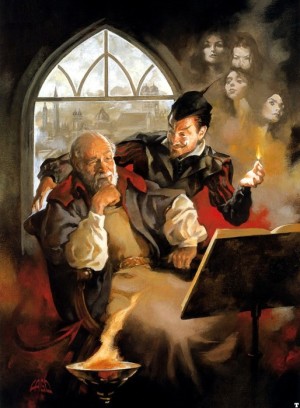An exploration into the ethics and philosophy of economic wealth, how it is and has historically been created in society, and what relationship it bears to human values and human happiness. We will begin the class with Goethe’s classic Faust, and use the themes therein as a backdrop to our investigations of canonical philosophic literature and contemporary theory in economics and the psychology of happiness. Themes we will explore include conceptions of happiness and the “good” spanning from ancient Greece with Plato, Aristotle, Epictetus and Epicurus to modern day psychology studies, how ethics shifted from the ancients to the Protestant “work ethic”, the evolution of social contract and economic theory through the early modern era with Hobbes, Smith, Locke, and Marx, and later in the 20th century with Rawls, Polanyi, and Pickety. We’ll also read Horowitz and critically examine the connection between the judicial system and the development of law in the US alongside commerce. Finally, we will examine our relationship to the shared global economy, resource depletion, and climate change to explore to what extent our bargain has been Faustian.
Teaching

"Faust and Mephistopheles " Artist/Date Unknown